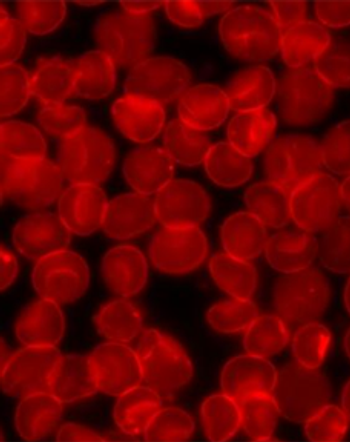
Immunotherapies Could Play Role in CALR-Positive Myeloproliferative Neoplasms
This video highlights a study that establishes mutated CALR as a myeloproliferative neoplasms–specific tumor antigen and provides a rationale for the development of immunotherapies targeting mutated CALR.
In this video, Cansu Cimen Bozkus, PhD, of the Icahn School of Medicine at Mount Sinai in New York, discusses a study that showed that somatic mutations in the calreticulin (CALR) gene can induce T cell responses in patients with myeloproliferative neoplasms. The study establishes mutated CALR as a myeloproliferative neoplasms–specific tumor antigen and provides a rationale for the development of immunotherapies targeting mutated CALR.
Bozkus presented results of the study (
Newsletter
Stay up to date on recent advances in the multidisciplinary approach to cancer.










































